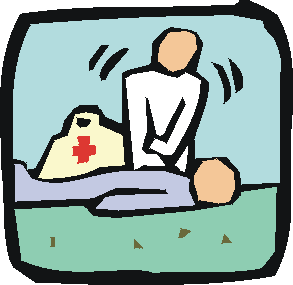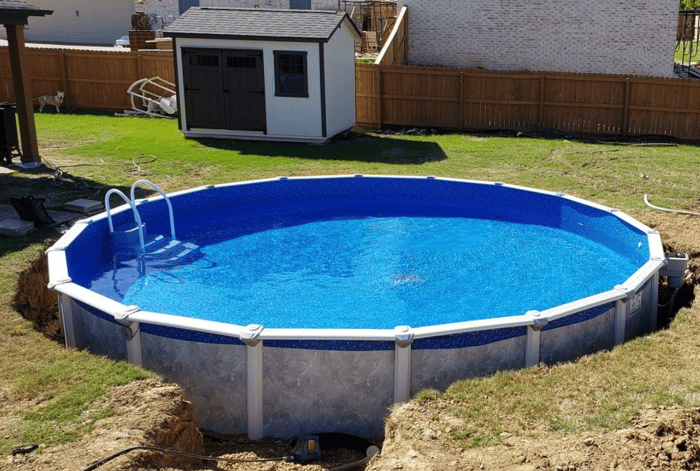While no one plans for a relaxing day at the pool to turn into a rescue situation, you should always be prepared just in case. Swimming pools are one of the most common places for accidents in which lifesaving rescue tactics are needed. Accidental drownings, falls, and heart attacks can happen easily around swimming pools and it is important to be prepared in the event of an emergency situation.
 Perhaps the most important safety tool for a pool is CPR. Cardiopulmonary resuscitation, or CPR, is a medical technique in which the administrator attempts to improve someone’s breathing and oxygen intake with chest compressions and breaths through the mouth. This is an extremely important procedure to learn, as it greatly increases one’s chances for survival.
Perhaps the most important safety tool for a pool is CPR. Cardiopulmonary resuscitation, or CPR, is a medical technique in which the administrator attempts to improve someone’s breathing and oxygen intake with chest compressions and breaths through the mouth. This is an extremely important procedure to learn, as it greatly increases one’s chances for survival.
This life-saving technique has saved a number of lives, especially in and around swimming pools. One of the reasons that this technique is so successful is the fact that it is relatively easy to administer and can be learned by older children as well as adults.
There are a number of facilities and organizations that provide CPR training including schools, community centers, Red Cross centers, and many health and fitness clubs. It is recommended that anyone who spends time around a swimming pool be trained and prepared for CPR. Once you have completed your training, it is important to review proper CPR techniques regularly to ensure that you are prepared. In addition, you should renew your training every two years.
Swimming pools are an especially important place to know CPR for several reasons. For starters, it is easy for small children to fall into a pool accidentally. Knowing CPR could save the life of a helpless child that is drowning. Also, it is common for people to slip and fall around pools. CPR would be necessary should the person hit their head and become unconscious while in the pool. Furthermore, people could suffer a heart attack or other medical condition that could become especially dangerous around water. In these situations, CPR could mean the difference between life and death.
If you own a pool or are planning to spend time around a swimming pool, take the time to become CPR trained. Your knowledge and ability to administer this lifesaving technique could help to save someone’s life. When a victim receives CPR while waiting for emergency response to arrive, they are given a much greater opportunity for survival.
Become a hero and know the benefits of CPR.




